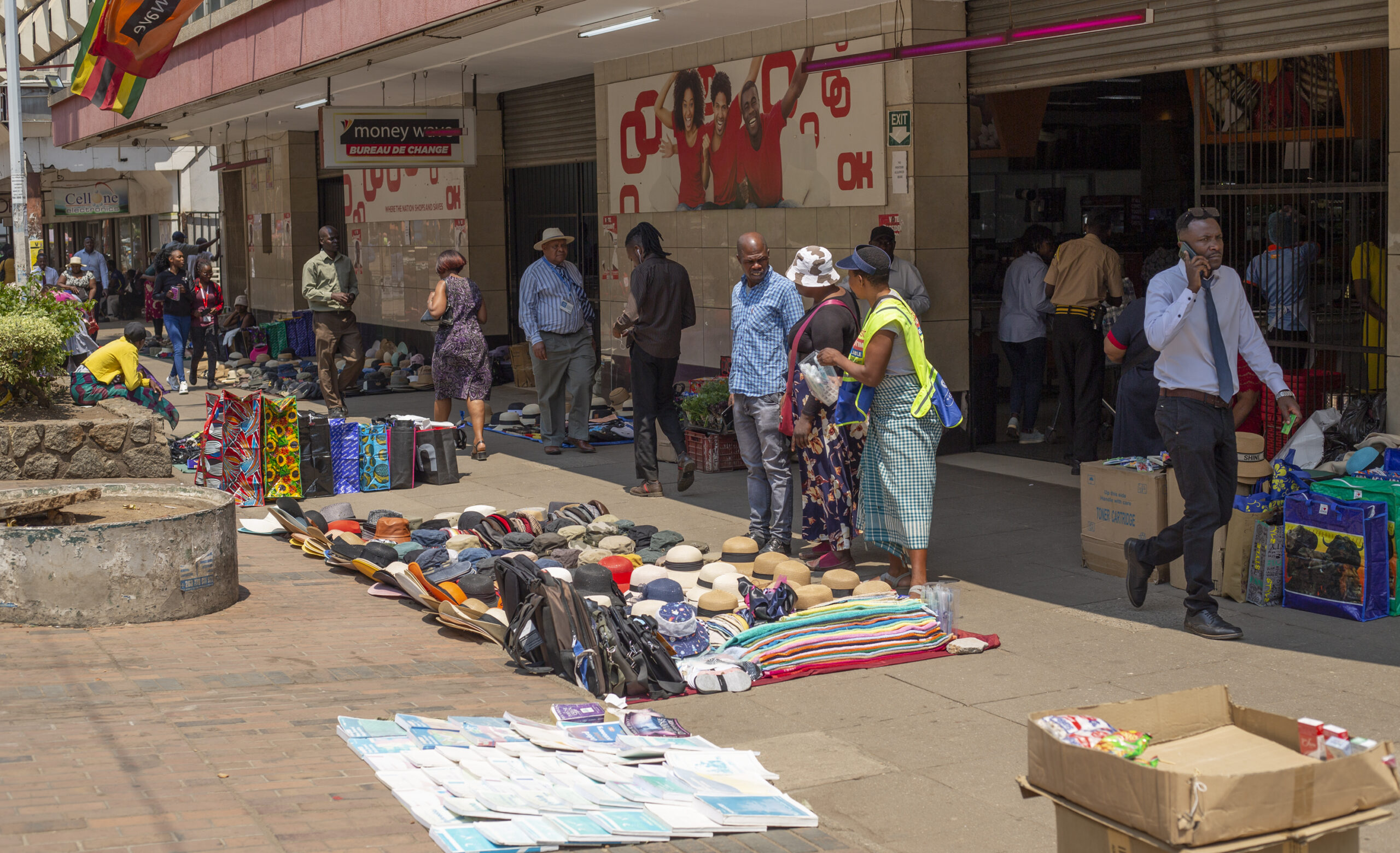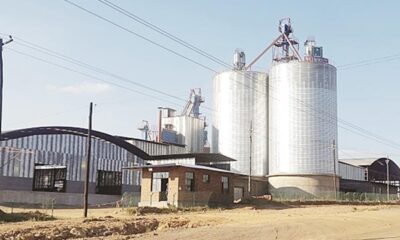ZIMBABWE Stock Exchange-listed retail giant OK Zimbabwe says it has adopted a raft of measures to counteract existential threats on its doorstep as most formal businesses battle a thriving informal sector.
High unemployment and weak enforcement of by-laws by authorities in most urban centres has resulted in sidewalks full of wares being sold by informal traders at lower prices compared to formal retailers.
While the growth of the informal sector has eased unemployment pressures, experts say the traders are largely operating outside the taxation dragnet, thereby prejudicing Treasury of revenue.
According to a Finscope Survey, Zimbabwe could be losing millions of United States dollars in tax revenue after it emerged that 70% of micro, small and medium enterprises (MSMEs) do no keep accounting records.
OK Zimbabwe, one of the country’s largest supermarkets by geographical presence and revenue, this week flagged the uncertainty surrounding government policies and the regulatory landscape as some of the major constraints creating an unpredictable business environment.
The retail group also highlighted high interest rates, limited access to funding affecting capital expenditure and investment plans and growing competition from informal retailers and traders.
Untamed hyperinflation and multi-tier exchange rate distortions are also affecting pricing strategies, OK Zimbabwe says.
To keep the business afloat, the company now focuses on cost containment measures to mitigate the impact of inflation and currency volatility.
“Diversification of our product and service offering to attract a wider range of customers and improve our resilience to economic shocks,” the company says in a statement presented during its analyst briefing held on Wednesday.
Investment in digital transformation, including a new enterprise resource planning system and e-commerce platform, OK says, will also help the business navigate through the volatile economic environment.
Despite facing a turbulent economic environment, the group’s annualised revenue increased by 33.3% to ZW$311.3 billion in inflation-adjusted terms. — STAFF WRITER.





















